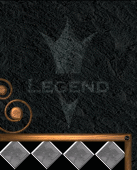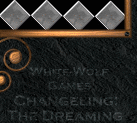









 |

History"New Zealand is a country extremely remote from other lands. It was settled by two sea-faring peoples, Polynesian and British, after crossing immense oceans in small vessels. It was the scene of prolonged warfare in the nineteenth century and much earlier. Last century it was hailed as 'the social laboratory of the world'. By 1893 it was the most democratic state in the world, or that had ever existed. In the late 1930's with the introduction of 'social security', it was one of the first examples of the welfare state. Its history has been far from commonplace." ~Oxford History of New Zealand~
New Zealand is in itself unique for the fact that it was the last habitable land mass of any size to remain unpeopled, and had been for fifty million years, occupied only by birds and coastal mammals.
Then, in 1642, the Dutch explorer Able Janszoon Tasman anchored off Wharewharangi Beach in what is now known as Golden bay. The Maori sounded what was presumably a conch shell instrument and one of Tasman's crew responded with a trumpet, immitating the call. This was possibly interpretted as a challenge, for the next day led to the death of four Europeans. Tasman left without landing.
|
 |
 |

